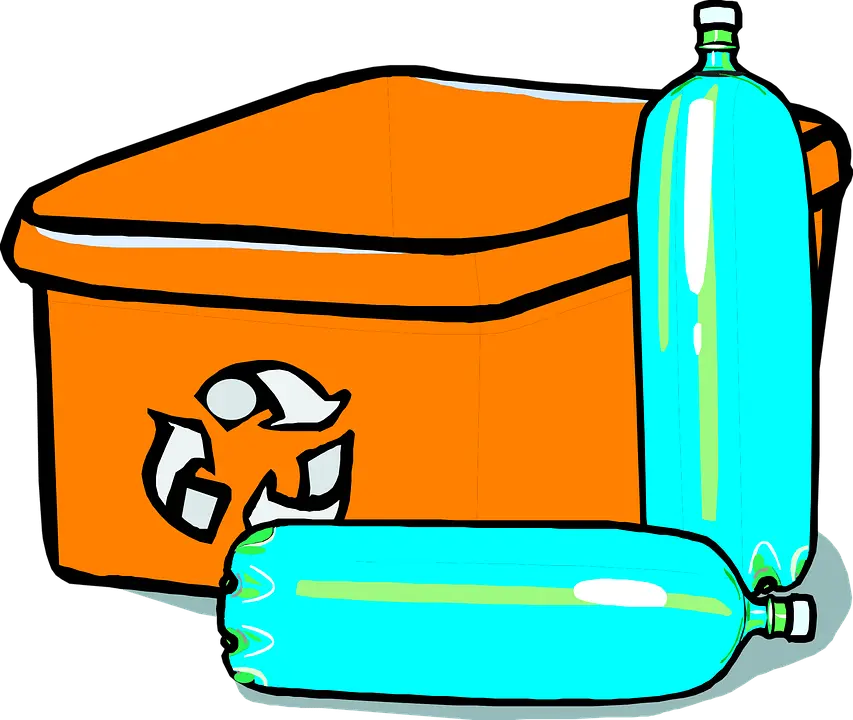Pioneering guidelines aim to end recycling confusion – Part 1
4 January 2017

The waste management industry has joined forces to draw-up the UK’s first ever National Recycling Guidelines.
Local authorities, waste management firms and reprocessors were involved in the development of the guidelines, which aim to end longstanding confusion around what can and can’t be recycled. The Waste and Resources Action Programme (WRAP), which published the ground-breaking document, also hopes it will help stem rising levels of recycling contamination.
Detailed information covering paper, card, mixed paper and card, plastic bottles, mixed plastic packaging, glass containers, metal packaging, cartons and food waste is included in the new guidelines. It also explains:
- What items can and cannot be collected for recycling.
- Contaminants that shouldn’t be included in household recycling.
- How materials should be presented e.g. lids on or off.
- Reasons why certain items cannot be accepted or should be presented in a certain way.
WRAP published the new guidelines following its latest Recycling Tracker Survey, which reveals that two-thirds of UK households are unsure about how to dispose of at least one common waste item. The items that caused the most confusion included foil, plastic toiletry bottles and aerosols. Almost half of those polled (49%) also admitted they dispose of recyclable food items in their residual waste bin because they’re worried these items would attract foxes, vermin and flies.
A ground-breaking effort
Linda Crichton, Head of Resource Management at WRAP, says:
“For as long as I have been at WRAP there has been a desire to have clarity across the country on what can be recycled and how items should be presented for recycling. We now have that – labels and tops can be left on bottles, envelopes can be recycled, trigger sprays don’t need to be removed!
We want to thank all those involved for coming together to enable this ground-breaking work to happen. It has been a truly collaborative effort without which, the guidelines would not have been produced.
We all have an interest in increasing recycling and making it less confusing for people. As such we encourage all organisations to consider the guidelines and adopt the information and messages that are relevant to them. WRAP will keep the guidelines under review and incorporate additional materials and advice as practices and technology develops.”
Winning the recycling battle
New figures have revealed that Wales has doubled its recycling rates over the past decade and is exceeding the current statutory recycling target of 58%. Based on last year’s UK-wide recycling waste from households, there is a 10-14% difference between Wales’ recycling rates and the rest of the home nations. A recent Freedom of Information (FoI) request carried out by BBC Breakfast also revealed that the quantity of rejected recyclable waste in England had increased by 84% over the past four years.
But now, the new national guidelines have already started to prove their worth with 94% of people surveyed about them saying that they’ve learned something new. In fact, most of these respondents came to realise that more items can be recycled than they initially thought.
Next week’s blog looks at how useful the guidelines are and what will come next. Tell us what impact you think these new guidelines will have.









